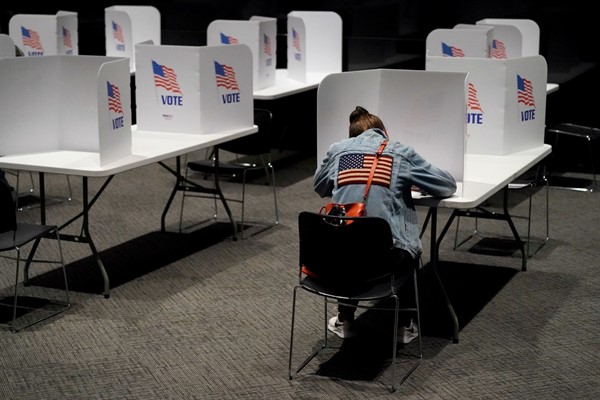Despite all the alarm over the potential for violence and disruption, the U.S. presidential election and ballot-counting process have so far been routine. Were it not for the massive number of mail-in ballots due to the coronavirus pandemic, we would in all likelihood already know the victor.
As it is, at the time of writing this column, there are still three possible scenarios ahead because of the time it will take to tally the final outstanding ballots.
The first is a reelection for President Donald Trump largely along the same lines of the electoral map he rode to victory in 2016. Having already won Florida, he would need to maintain his currently narrowing advantage from early vote counts in the so-called Blue Wall states of Michigan, Wisconsin and Pennsylvania that he managed to take from the Democrats four years ago.

